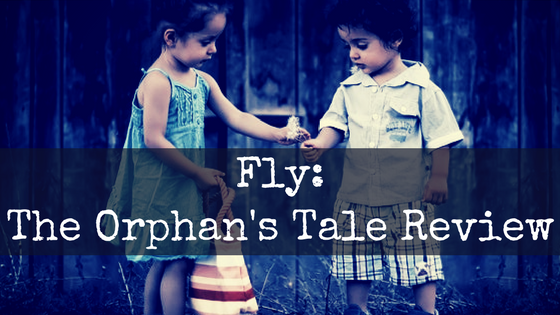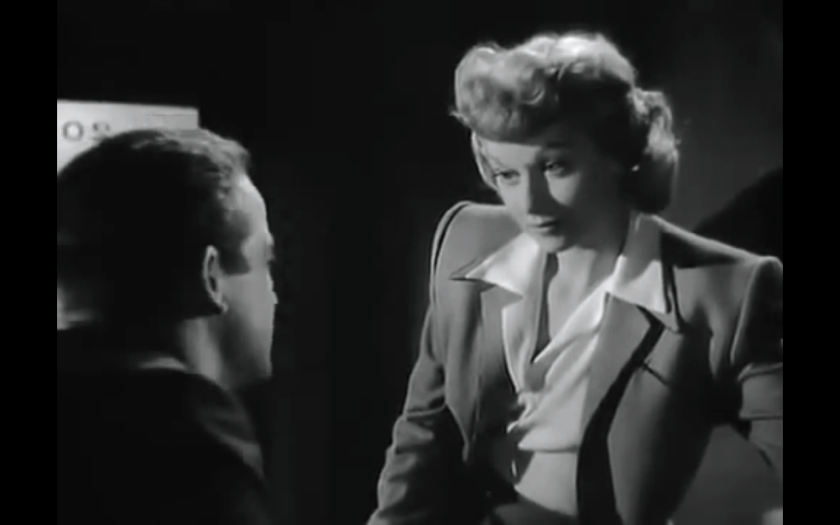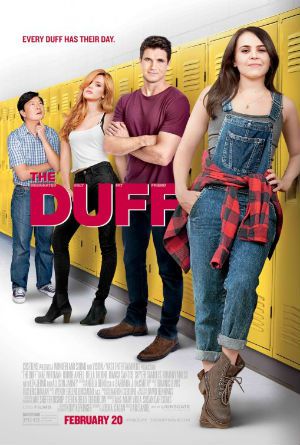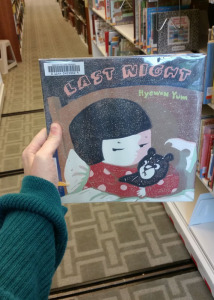We are in the suburbs of a large city and in an expensive townhouse and apartment community. There is a brand new playground in the middle of the community and the pool just re-opened. And it is toxic. Every couple months, threatening notes are placed in everyone’s mailboxes that focus almost entirely around the fact that children are playing outside. The most recent mandate, “effective immediately,” is that no child shall be outside at any time without supervision.
The mandate itself doesn’t make sense. It doesn’t define the age of such children or what constitutes supervision. It stems from complaints by other tenants that there are occasionally bikes or toys left around the community. That sometimes children cross someone’s back patio. That kids are riding bikes on the dead-end lanes in the community and that someone feels their rights are being fringed upon by having to slow down.
It is exactly what Richard Louv refers to as “the criminalization of natural play.” It is the attempt to keep children inside and not seen or heard. It is the thought that parents must have eyes on and helicopter around their children at all moments. According to his report, “Most housing tracts, condos, and planned communities constructed in the past two or three decades are controlled by strict covenants that discourage or ban the kind of outdoor play many of us enjoyed as children.” (pg 28) It goes against every concept of parenting, but emerges from the adult world of entitlement. To me, it stems from a belief that an individual should be able to have full control of the environment around his or her property and not be impacted at all by others in the community.
This environment is toxic to my soul and to the way that I want my 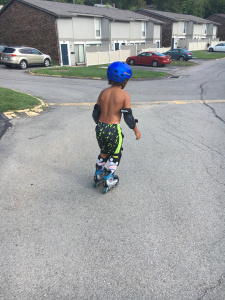 boys to grow in independence, self-sufficiency, creativity, and respect. It goes against my desire for them to develop friendships and negotiate conflict by having space to interact with other kids. It takes away their opportunity to develop responsibility and an understanding of consequences. I expect them to make mistakes and to have to deal with the consequences. When Super Tall Guy accidentally slid his scooter handle into the neighbor’s car, he shouldered some of the cost to repair it.
boys to grow in independence, self-sufficiency, creativity, and respect. It goes against my desire for them to develop friendships and negotiate conflict by having space to interact with other kids. It takes away their opportunity to develop responsibility and an understanding of consequences. I expect them to make mistakes and to have to deal with the consequences. When Super Tall Guy accidentally slid his scooter handle into the neighbor’s car, he shouldered some of the cost to repair it.
Richard Louv discusses the importance of spending time in unstructured play. Building a tree house brings together the skills of math, science, spatial relations and a sense of purpose and accomplishment. Exploring the habitats of wildlife engenders an understanding of the species coexisting with humans and a respect for protecting the environment.
Instead, as more children are forced to be inside due to the pressures upon parents, their natural tendency is to turn more and more to screens as a way to pass the time. The consequences of extended screen time are becoming drastically apparent. It is something I struggle with daily as Super Tall Guy has given up on the outside world and shifted towards passive entertainment. I continue to seek opportunities for him and the younger two to stay engaged in the outside world.
Clearly I can no longer foster outside play in my own housing community. Instead I look for chances to pack up the boys and head out to the nearest county park or other spaces (and I continue to look for more acreage in a house for the boys!).
Advertisements Share this:
